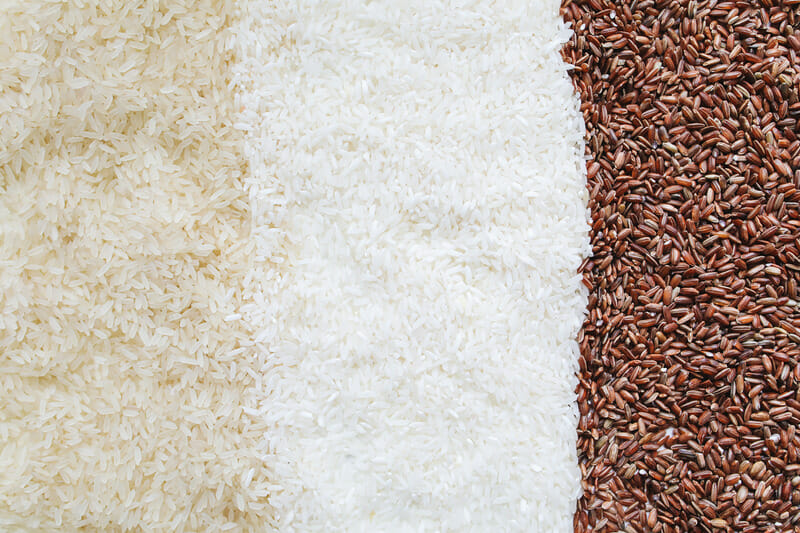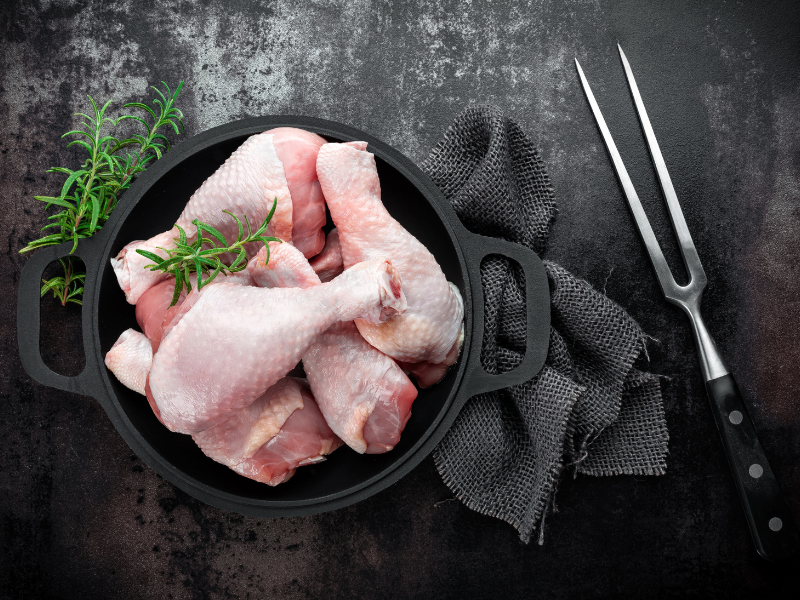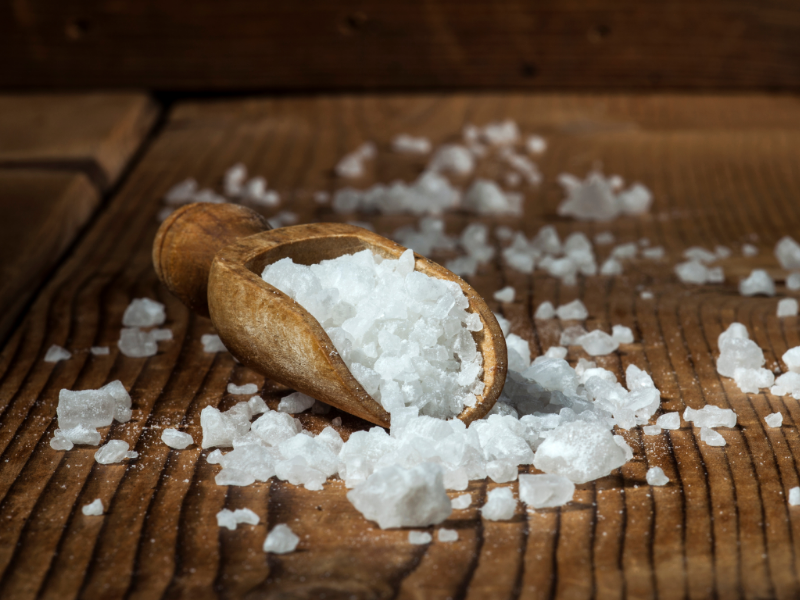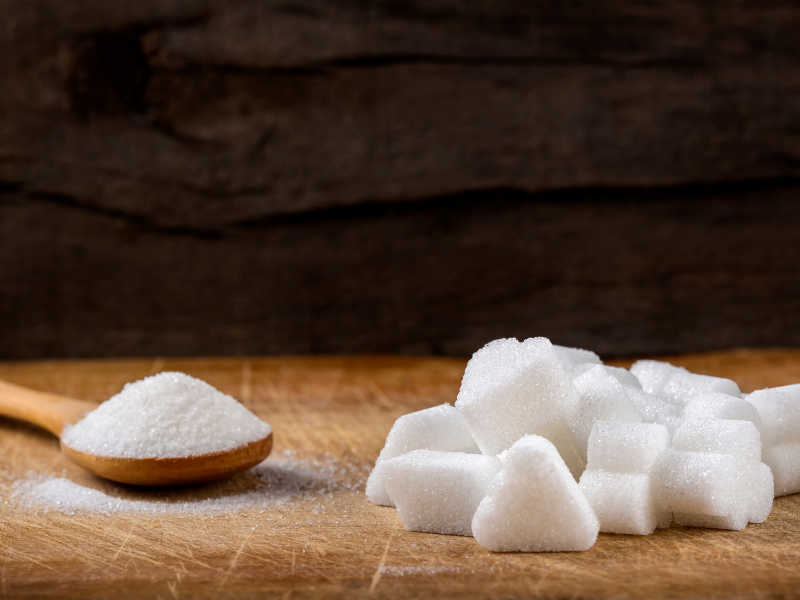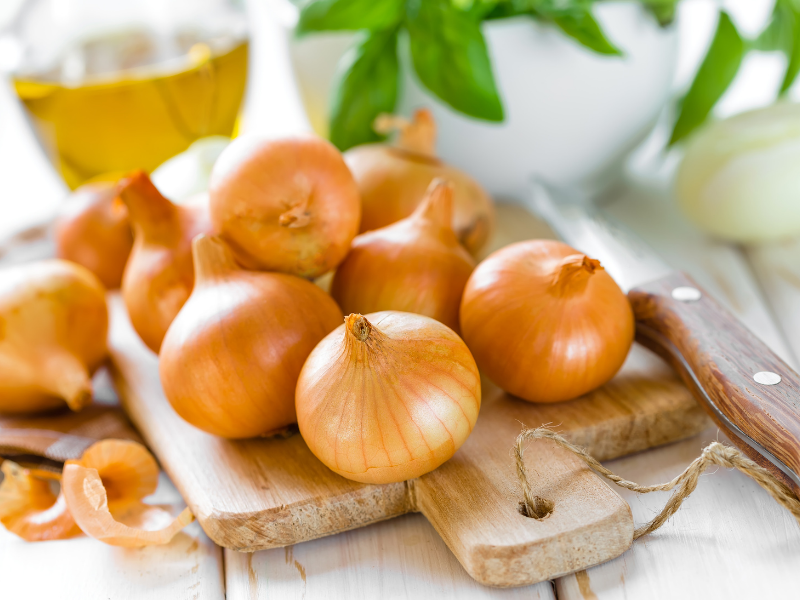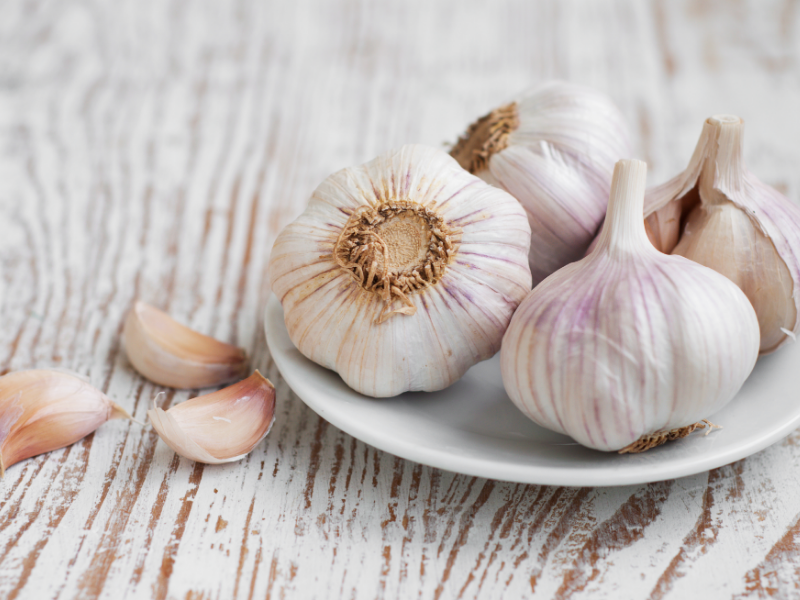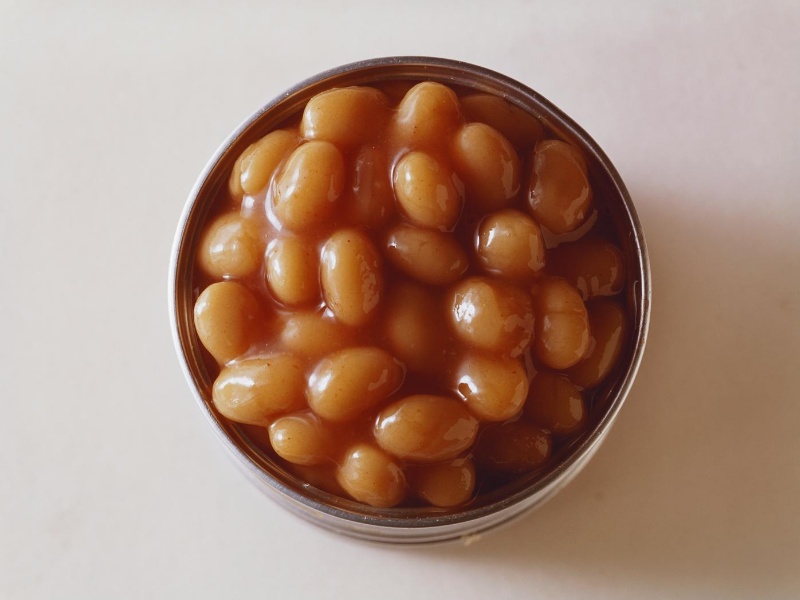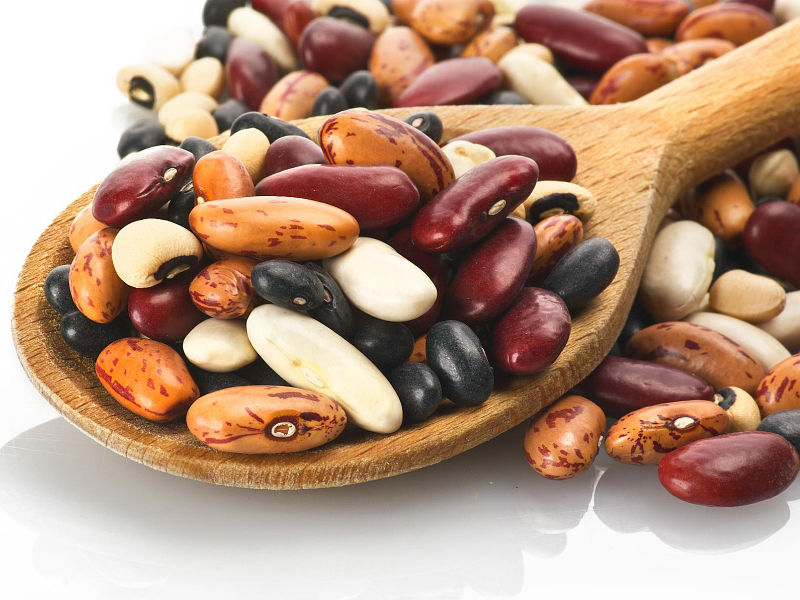The short answer: Yes, but only in limited quantities. The long answer: A staple food in many households around the world, rice is packed with carbohydrates, calcium, iron, thiamin, folate, and vitamin E. Cats are obligate carnivores, so they primarily need meat in order to thrive. Rice may be included in a cat’s meal occasionally,… Continue reading Can Cats Eat Rice?
Category: Cat Food
Can Cats Eat Chocolate?
The short answer: No. The long answer: Just like dogs, cats can get easily sick by eating a small portion of chocolate. Though cats won’t be particularly drawn to its sweet taste (their sweet taste buds are not very reactive), they might just be curious enough to taste it if you leave a chocolate bar… Continue reading Can Cats Eat Chocolate?
Can Cats Eat Cheese?
The short answer: It is not recommended. The long answer: Kittens are born with the capacity to handle lactose, but they lose this ability after weaning. Adult cats are generally lactose intolerant, which means they cannot handle food that contains lactose. Lactose is a natural sugar commonly found in dairy products such as cow’s milk,… Continue reading Can Cats Eat Cheese?
Can Cats Eat Raw Chicken?
The short answer: It is not recommended. The long answer: Though cats need high amounts of protein in their diet, allowing your furball to eat raw chicken may create potential health problems. This is because raw chicken contains bacteria such as campylobacter, E. coli, listeria, and salmonella. When contaminated raw chicken is consumed by your… Continue reading Can Cats Eat Raw Chicken?
Can Cats Eat Salt?
The short answer: No. The long answer: Salt is a mineral that is commonly used for cooking and adding flavour to dishes. Just a small amount (4 grams of salt per 2 pounds of your cat’s weight) can cause harm to your kitten friend. Eating salt may lead to her manifesting any or all of… Continue reading Can Cats Eat Salt?
Can Cats Eat Sugar?
The short answer: It is not recommended. The long answer: Meat-loving cats do not need to consume sugar because this sweet-tasting human food is something that they cannot taste and digest. Their bodies are not good at breaking down carbohydrates, and they are better off having protein-rich meals. Feeding your cat too much sugar (whether… Continue reading Can Cats Eat Sugar?
Can Cats Eat Onions?
The short answer: No. The long answer: Otherwise known as bulb onion or common onion, onion is a widely popular vegetable of the genus Allium that is used to add flavour to dishes. Similar to garlic, this aromatic, layered vegetable contains disulfides and thiosulphates that can do irreparable damage to your cat’s body. Eating a… Continue reading Can Cats Eat Onions?
Can Cats Eat Garlic?
The short answer: No. The long answer: A species of the Allium family, garlic contains disulfides and thiosulphates, compounds which are both harmful for your cat. Garlic consumption causes damage to your cat’s red blood cells, leading her to have hemolytic anemia, Heinz body anemia, and/or methemoglobinemia. Garlic is five times more concentrated than onions,… Continue reading Can Cats Eat Garlic?
Can Cats Eat Baked Beans?
The short answer: No. The long answer: A combination of white beans and sweet sauce, baked beans are high in protein and fiber but not necessarily good for your feline pet. Garlic and onion may be found in the baked beans mixture—two ingredients that are known to be harmful to cats. Canned baked beans may… Continue reading Can Cats Eat Baked Beans?
Can Cats Eat Beans?
The short answer: It depends. From the Great Northern beans of Mexico to the garbanzo beans of the Middle East, there are many kinds of beans harvested from various parts of the globe. Lentils, peas, soybeans, and peanuts are also considered as members of the bean family. Free from gluten and low in calories, beans… Continue reading Can Cats Eat Beans?

